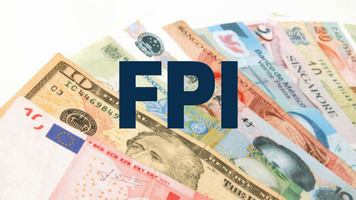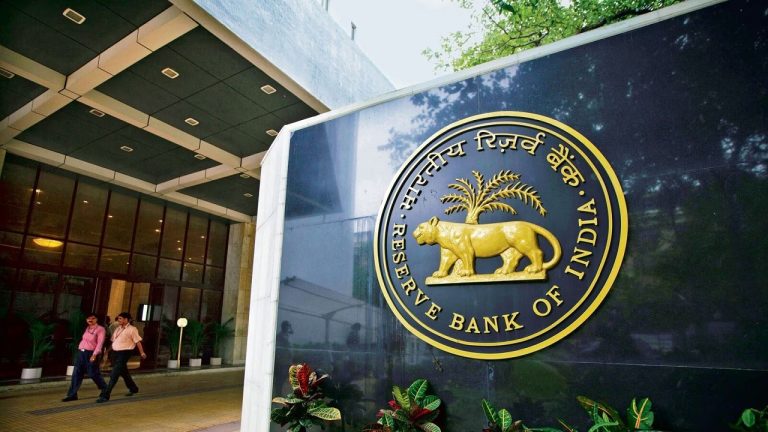RBI’s New PA Draft Guidelines Spark Concerns In Digital Payments Industry
SUMMARY
The guidelines have sparked concerns particularly regarding the requirements for full KYC compliance and the prohibition on direct fund disbursal to vendors
.The industry stakeholders had a meeting with RBI officials a week ago
A presentation was made outlining the potential issues the new guidelines could pose for the industry
The Reserve Bank of India’s (RBI) draft guidelines for payment aggregators have sparked concerns within the digital payments industry, particularly regarding the requirements for full KYC compliance and the prohibition on direct fund disbursal to vendors.
The industry stakeholders had a meeting with RBI officials a week ago.
A senior industry executive who attended the meeting said that a presentation was made outlining the potential issues the new guidelines could pose for the industry, ET reported.
The executive also added that the central bank listened to their concerns and engaged with them on some of their queries.
Around 40 industry representatives met with officials from the Department of Payment and Settlement Systems during the meeting.
Earlier in April, RBI issued draft rules to regulate point-of-sale payment service providers (PA-P).
Following this, companies like Innoviti Payments, Pine Labs, and MSwipe will be brought under regulatory cover.
As per the draft rules, companies offering this service must apply for authorisation from the RBI by May 31, 2025. In case they fail to get authorisation, they will have to cease these services.
The RBI introduced new guidelines, establishing different levels of due diligence based on merchant size and requiring payment aggregators to maintain agent details. These guidelines will take effect in three months.
The regulator has proposed stricter customer due diligence measures for payment aggregators to ensure that only eligible merchants access digital payment services. Besides, all payment aggregators must join the financial intelligence unit (FIU) under the finance ministry to report any suspicious transactions.
Meanwhile, global digital payments platform Stripe has temporarily gone invite-only in India. In a blog post, the company said that it has made the “tough decision” to temporarily offer its services by invite only in India.
Citing the evolving regulatory landscape in India, Stripe also said that it could not currently “promise” easy onboarding for all new users in the country.
!function(f,b,e,v,n,t,s)
{if(f.fbq)return;n=f.fbq=function(){n.callMethod?
n.callMethod.apply(n,arguments):n.queue.push(arguments)};
if(!f._fbq)f._fbq=n;n.push=n;n.loaded=!0;n.version=’2.0′;
n.queue=();t=b.createElement(e);t.async=!0;
t.src=v;s=b.getElementsByTagName(e)(0);
s.parentNode.insertBefore(t,s)}(window, document,’script’,
‘
fbq(‘init’, ‘862840770475518’);





